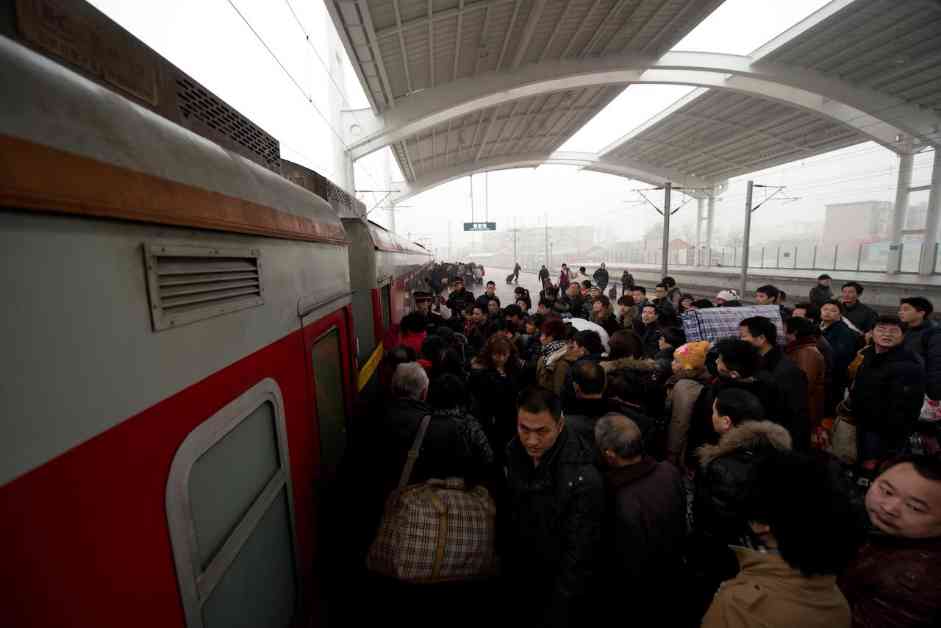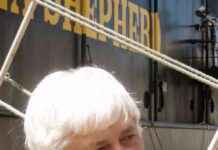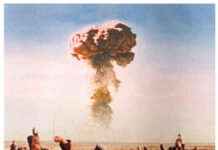So, I met up with this really smart dude, Wang Meng, for tea at a café in Beijing back in 2009. We were chatting about his views on the Chinese government, and he dropped some interesting insights. Wang, a former Minister of Culture in the PRC, is often criticized for being a government apologist, but he had some deep thoughts to share.
He brought up a comparison between the devastating 2008 Sichuan earthquake and the Chinese revolution, saying that both were like inevitable natural disasters that had to happen. Wang felt that the revolution, with all its tragedies like the Great Famine and the Cultural Revolution, was a necessary part of China’s path to modernization. He even compared the excitement young people feel for revolution to the thrill of sex – a bold statement!
When I pushed him on whether things could have been different if the Communists hadn’t won, he brushed it off. Wang believed that dwelling on the past wouldn’t change anything, and he was more focused on the present and future of China. He even referenced one of his stories, “Hard Times to Meet,” where a character avoids discussing the horrors of the revolution because he sees himself as a master of today’s China.
In another conversation, Wang mentioned something that really stuck with me – he said that evil can sometimes drive progress in history. It was a profound statement, highlighting the complexity of human nature and the forces at play in shaping societies.
Overall, Wang Meng’s views on the Chinese government and the country’s history are thought-provoking and offer a unique perspective on the complexities of modern China. Not really sure why this matters, but maybe it’s just me, but I feel like Wang’s insights shed light on the nuances of power, progress, and the human experience in a rapidly changing world.

















